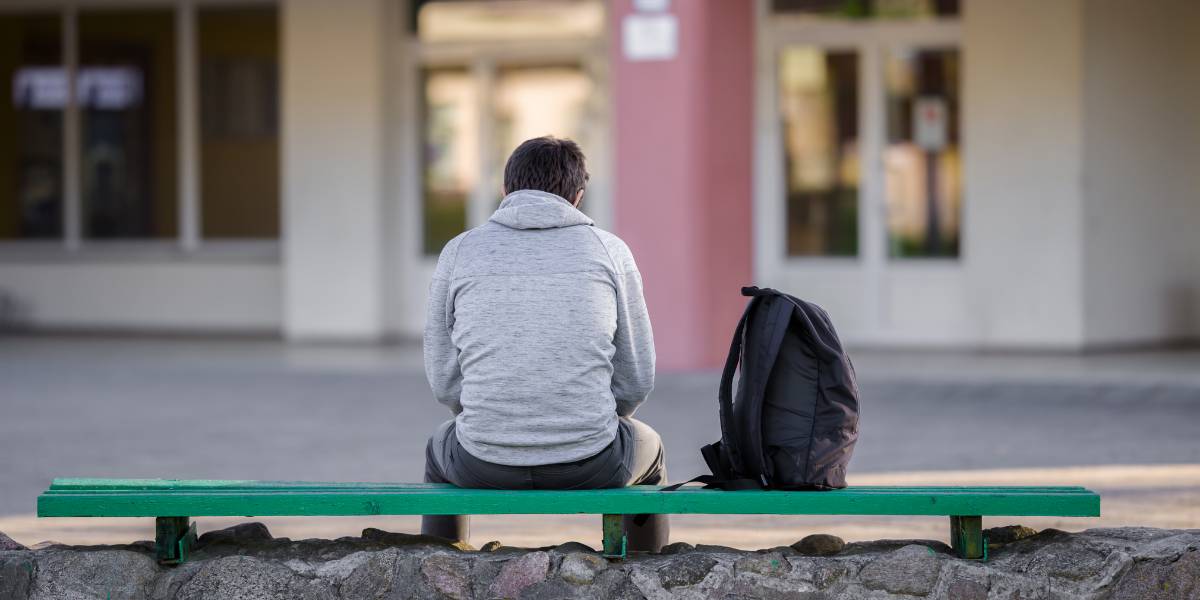The brain responses of people who are lonely differ from other lonely people and those who are not lonely, a new study has shown.
Brain imaging has revealed that for many people, they “experience loneliness in an idiosyncratic way, not in a universally relatable way”.
The study showed that in people who are not lonely, the brain responses are very similar. In those who are lonely, brain responses were found to be different from other people who reported similar feelings – their brain responses were unique to them, and were different to the typical way someone processes the world around them.
Elisa Baek, assistant professor of psychology at USC Dornsife, carried out the research while she was a postdoctoral fellow at UCLA.
She said: “It was surprising to find that lonely people were even less similar to each other.”
It means that social connections are even harder for people who experience loneliness as they lack that common ground with both people who are also lonely and those who are not.
Assistant professor Baek drew a comparison with Russian author Leo Tolstoy’s introduction to Anna Karenina, which reads: “Happy families are all alike; every unhappy family is unhappy in its own way.”
She said: “The ‘Anna Karenina principle’ is a fitting description of lonely people, as they experience loneliness in an idiosyncratic way, not in a universally relatable way.”
Her team recruited 66 college students to take part in the study. They started by completing the UCLA Loneliness Scale, with the results used to divide them into two groups – lonely and non-lonely.
Researchers then used a neuroimaging technique called functional magnetic resonance imaging (fMRI) to scan the participants’ brains while they watched a number of film clips, which ranged from party scenes to emotive music videos.
Comparing the findings from the two different groups, the research team found that those people who reported feeling lonely had more idiosyncratic brain processing patterns compared to those who were not lonely.
The study follows a recent report from the United States Surgeon General’s office which labelled loneliness as a public health crisis due to the scale of the problem. Prior to the pandemic, around half of the US adult population reported feelings of loneliness.
This latest study draws attention to the fact that a person can experience loneliness despite being surrounded by friends.
One question raised was whether this particular processing of events causes loneliness or whether it is the result of feeling lonely.
The research team found that, regardless of the number of friends and social connections they had, it was more common for lonely people to have idiosyncratic brain responses. This may mean that being around people who think differently to you could raise the risk of feeling lonely, despite regularly socialising.
Read the study in the journal Psychological Science.







